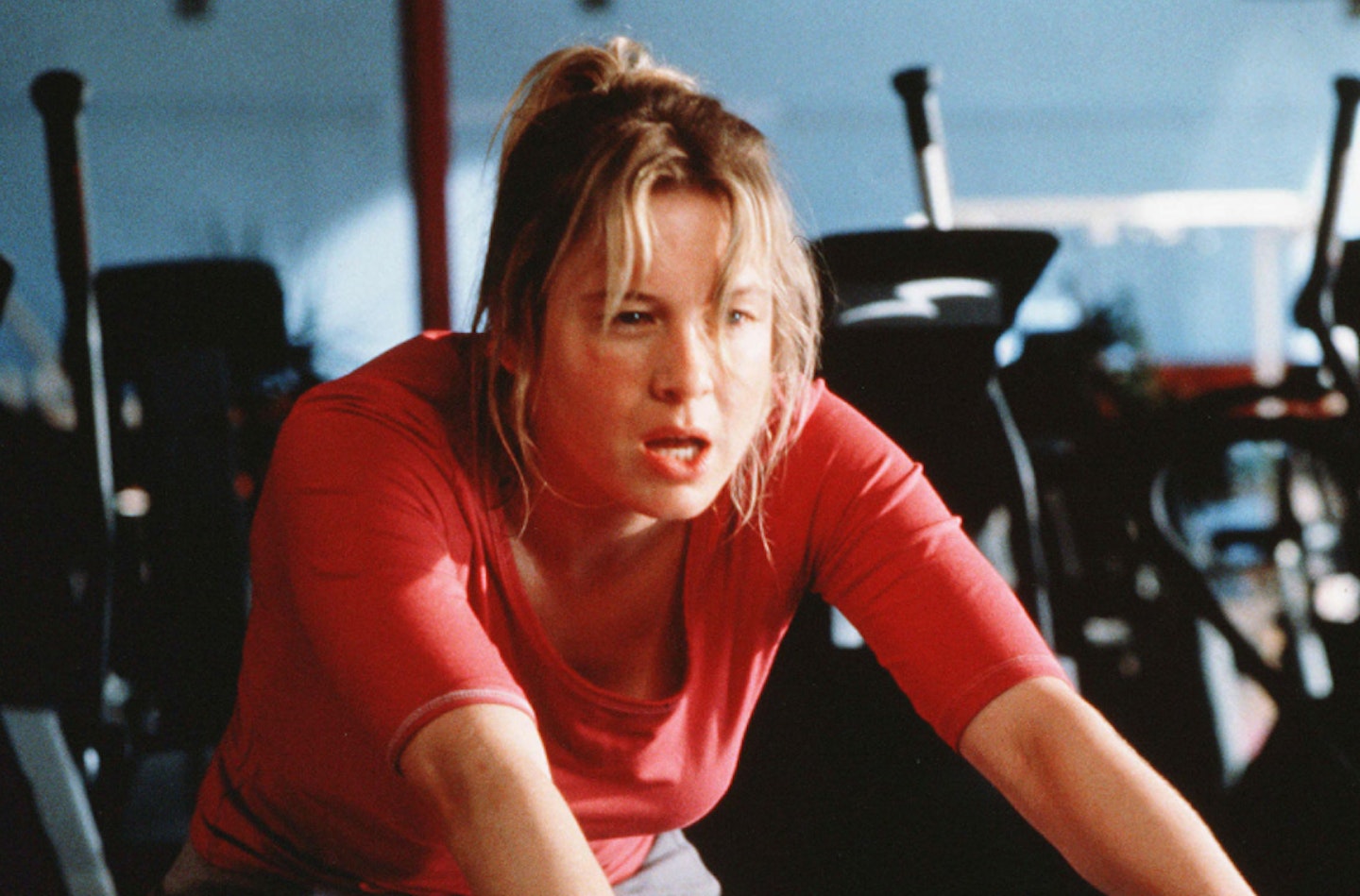Hands up who is forever berating themselves over not doing enough exercise?
Whether it's skipping on a swim after work or not walking as far as our Fitbit would like, it seems we're forever falling short of our own fitness expectations.
But a new study has found that, in reality, we routinely underestimate the amount of exercise that we do.
And, worryingly, this perception alone is linked to a lower life expectancy, the research published in the journal Health Psychology this week claims.
Psychologists at Stanford University analysed data from over 60,000 American adults from two large studies conducted in the late 1990s and early 2000s, mentalfloss.com reports.
Each participant answered questionnaires on their health, diet and lifestyle. And they were all asked, "Would you say that you are physically more active, less active, or about as active as other persons your age?"
The researchers then looked at the National Death Index, to see which participants were still alive ten or 20 years later.

They discovered two findings: firstly, that many people believed themselves to be less active than they actually were.
And secondly, individuals who believed that they were less active than others were up to 71 percent more likely to die in the follow-up period than individuals who believed that they were more active than their peers.
So, the group that perceived themselves as less active were more likely to die younger than those that perceived themselves as ore active - even where activity levels between the two groups were similar.
The scholars leading the research believes this shows that our mindset is key in determining our overall wellbeing.
In other words, simply believing oneself to be active or otherwise can have a placebo effect so powerful it impacts life expectancy.
"Our findings fall in line with a growing body of research suggesting that our mindsets – in this case, beliefs about how much exercise we are getting relative to others – can play a crucial role in our health," the paper's co-author Alia Crum said.
"It’s time that we start taking the role of mindsets in health more seriously," she added. "In the pursuit of health and longevity, it is important to adopt not only healthy behaviours, but also healthy thoughts."
Read More: This Is Why It's Best To Exercise On An Empty Stomach
